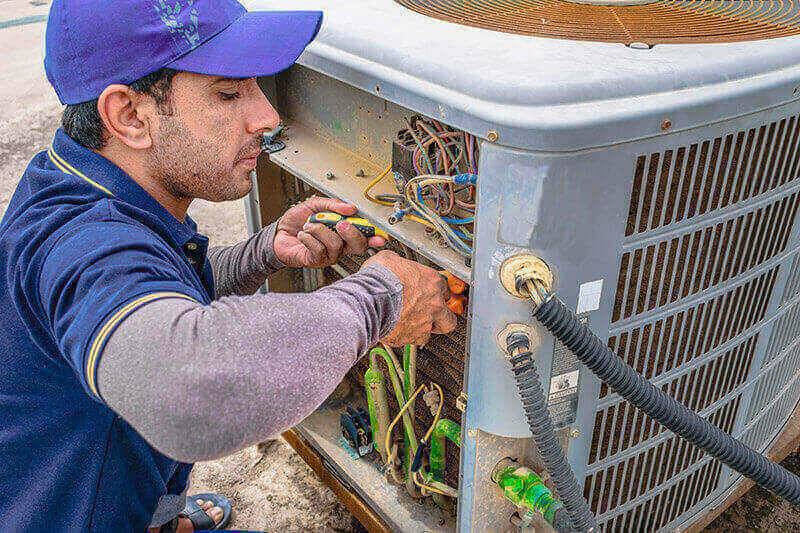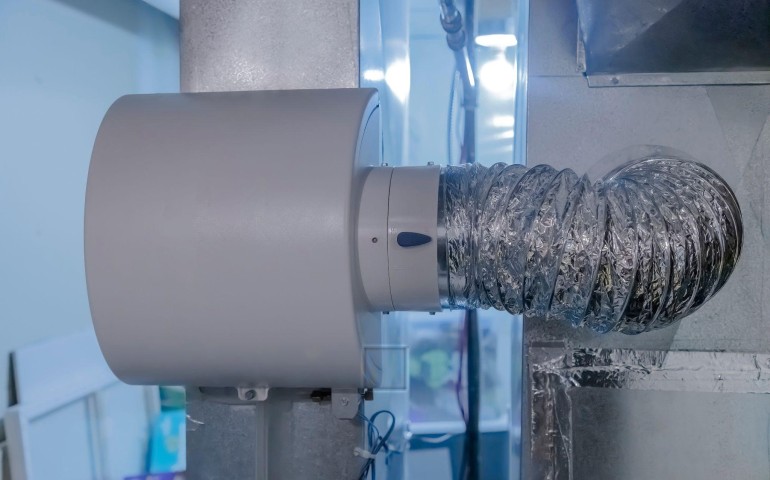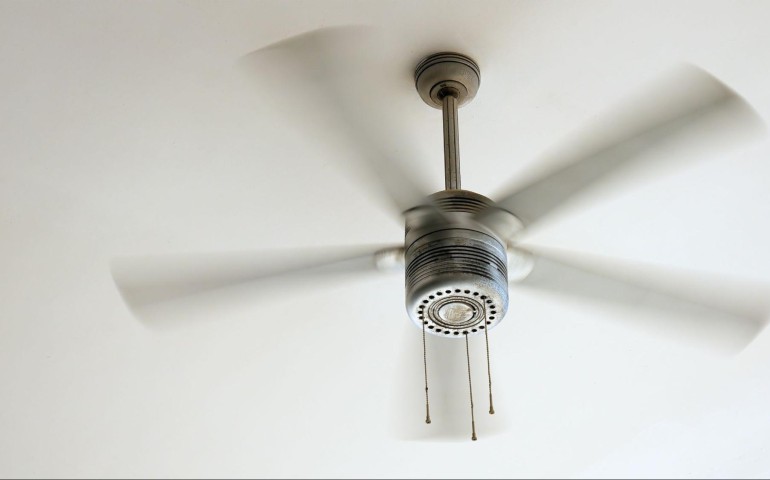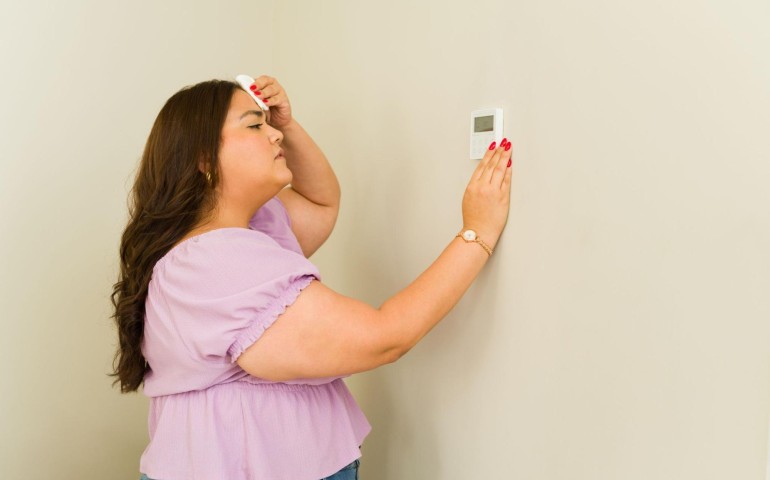How to Repair an Air Conditioner
An HVAC system is a much-appreciated part of any home, especially during the hot, humid days of summer. HVAC equipment that keeps your home cool also needs some attention now and then. And, yes, there are times when it's better to call an HVAC professional for air conditioner issues. But, you can do certain at-home repairs on your air conditioner or HVAC system. Below, we go over the basics of do-it-yourself HVAC repairs. This involves the parts of your HVAC system responsible for cooling your home.
Common AC Problems
Before starting at-home repairs, let's go over common issues with your air conditioner. The top ones include:
- Dirty or clogged filters
- Frozen coils
- Irregular cycling
- Failure to turn on or kick in
- Refrigerant leaks
- Electric control failure
- Drainage problems
Turn the Power Off First
With anything related to HVAC equipment, safety should come first. Turn your entire HVAC off so there's no power going to it. You'll then be all set to proceed with at-home repair.
Check to See If the Furnace Is the Problem
Before you dive into at-home repairs, see if the heating part of your HVAC system may be the problem. Set your thermostat in cooling mode. Then, move it to a setting that triggers your furnace when you switch back to heating. If your furnace doesn't kick in, call an HVAC professional. The issue is likely furnace-related.
Change or Clean the Filter
A good place to start with at-home repair is your HVAC filter. If it's clogged or dirty, change it. If you have a reusable HVAC filter, clean it as per manufacturer's directions.
Clean the Condenser Coils
Continue with your at-home repair efforts with the outside part of your HVAC unit. Use a garden hose with an attached nozzle to clean the condenser coils. Point the nozzle upward to clear away dirt and debris from under the lid. Next, turn the nozzle downward to clean off debris from the coil fans on the outside HVAC unit. Use a gentler stream to flush out any materials that remain.
Test Fuses
This with at-home repair for the cooling components of your HVAC system tests the fuses. Before you go any further, check to see how your AC fuses disconnect. Your HVAC manual should tell you this. Test all removed fuses and replace them. If your HVAC system works for a while but the fuses blow again, call our HVAC pros. This is a sign of a serious electrical problem that should not be an at-home repair job.
Check the Access Panel
Find the HVAC access panel by following the electrical conduit from your home. Complete this part of at-home repair by removing the retaining screws to remove the panel. Look for chewing marks and other signs of rodent activity. If you find anything of this nature, clean out the HVAC access panel and replace the damaged wires.
Note: If there are other issues with your HVAC system's access panel, call an HVAC pro or electrician.
Change Out Start/Run Capacitors
All HVAC systems have an AC component with at least one capacitor. This stores electricity to give the fan motors an extra boost. With this at-home repair, take a picture of the wires before you disconnect anything. You can use this for reference as you work. Install a new capacitor by using needle-nose pliers to remove one wire at a time. Reverse the process as you tackle this type of at-home repair, and make sure the wires are in place.
Replace AC Contactor
This part of your HVAC system is a mechanical relay. It transfers low-voltage power from your thermostat to the compressor and condenser fan. An easy at-home repair fix is to replace this HVAC part, which only costs about $25, with a new one. Finish by unscrewing your existing contactor and removing the wires. Reverse the process to install the new one.
Test Your AC Repairs
Last, see if your at-home repair efforts worked by testing your air conditioner. Turn the power back on and set your HVAC thermostat to AC. Wait for it to start. The compressor should kick in as the condenser fan spins. If everything starts and runs as expected, your at-home repair efforts were successful! But if the fan isn't spinning, you likely have a worn out fan motor. This is when it's best to call an HVAC professional.
Call Us Today
As above, there are times when it makes more sense to call an HVAC professional about AC repairs. If this applies to your situation, Ardmore Fresh Air is the trusted local HVAC company to contact. We'll send an HVAC professional to your home ASAP to restore your comfort and peace of mind.
Call an HVAC professional from our experienced team today to request service.






